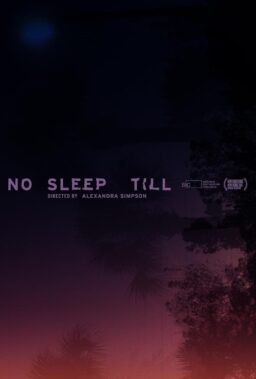I watched Sarah Palin’s interview with Charles Gibson, and felt uneasiness stirring in my stomach. The feeling did not involve politics. Somehow it was personal. Gradually, memories churned to the surface.
I was in class. I had been asked to answer a specific question. I could not. I hadn’t read the book, or listened to the lecture, or done the research. The teacher was looking at me in expectation.
You know what I did. You’ve done it yourself, or seen it done. I couldn’t say “I don’t know.” I replied with generalities about the subject, and then edged into something I did know about it. I masked my ignorance with my most confident tone of voice.
The teacher repeated the question.
My nightmare was happening to Sarah Palin. Gibson asked her questions she didn’t have an answer for. No, I’m not thinking about his stumper on the Bush Doctrine. I doubt Bush could have answered it. I’m thinking of her reply on “reform.” When Gibson asked her to name three items in the Bush budget she would reform, she couldn’t. She replied with generalities and drifted into sound bites. He asked her again. More vague language. He asked: “Three things. One. Two. Three.” I think that’s when my stomach began to churn.
Gun control. She opposes it. Gibson observed that a majority of Americans support a ban on AK-47s. She praised the tradition of gun ownership in Alaska, mentioning “protection, hunting, and sport.” With machine guns?
Abortion rights? “I am pro-life but respect other peoples’ opinions.” Would she respect the opinions of others if choices were substituted for opinions? “What we do not need is a cultural divide in this country.” Of course we do, lots of them. Otherwise everybody would have to be on the same side. Words have meanings.
She was caught flat-footed. I’ve been there. She made a popular speech at the GOP convention, which was written for her. She has repeated sound bites from it ever since. This was the first time we have heard her speaking spontaneously. She crammed, she employed rhetorical strategies, she evaded specific answers. But she had not read the text, or listened during the lecture, or done the research. Charlie was looking at her in expectation.











